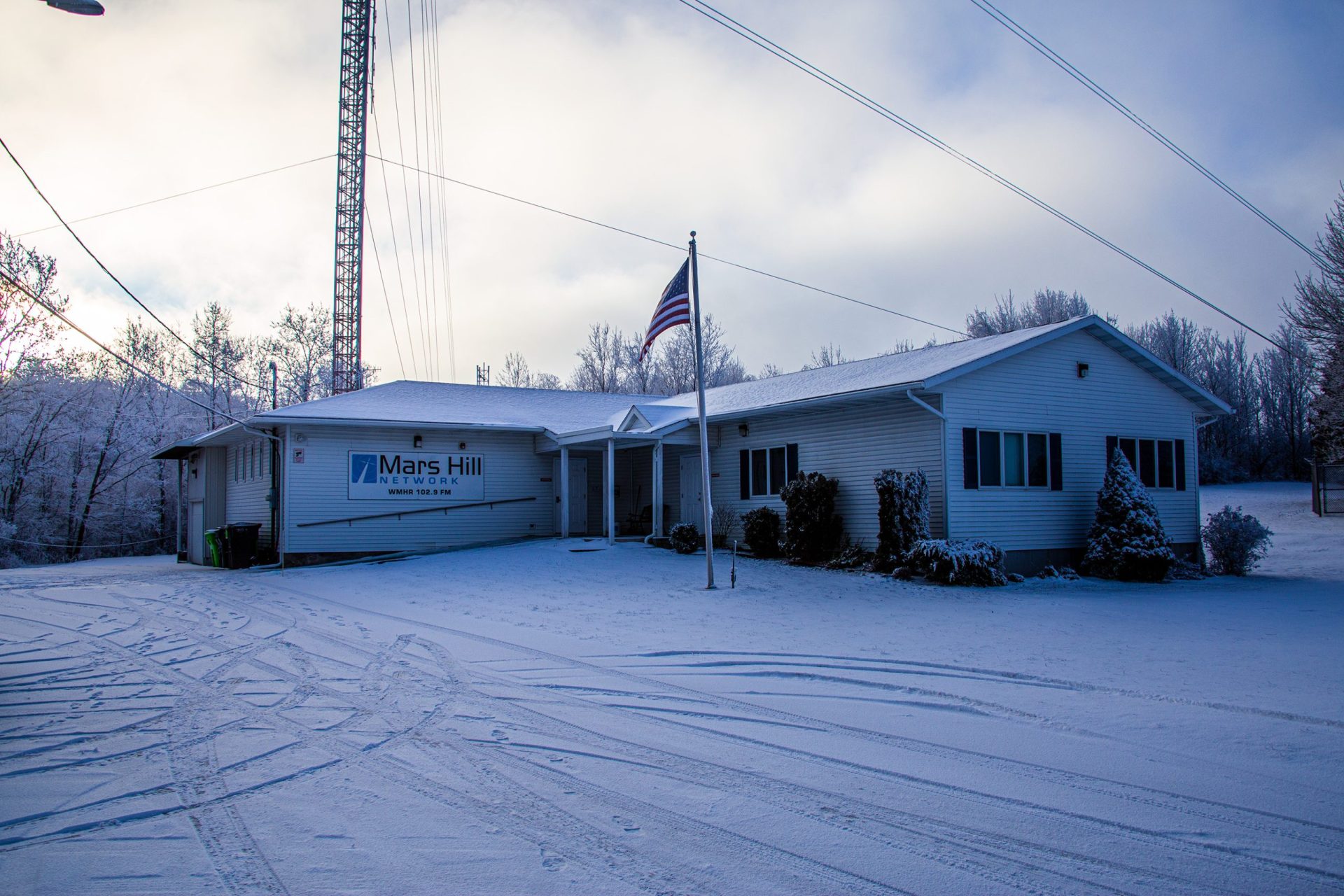A US appeals court ruling could allow mine development on Oak Flat, land sacred to Apaches
Written by on March 2, 2024
[[{“value”:”
PHOENIX (AP) — An Apache group that has fought to protect land it considers sacred from a copper mining project in central Arizona suffered a significant blow Friday when a divided federal court panel voted 6-5 to uphold a lower court’s denial of a preliminary injunction to halt the transfer of land for the project.
The Apache Stronghold organization has hoped to halt the mining project by preventing the U.S. government from transferring the land called Oak Flat to Resolution Copper.
Wendsler Nosie, who has led Apache Stronghold’s fight, vowed to appeal to the U.S. Supreme Court the decision by the rare 11-member “en banc” panel of the Ninth Circuit Court of Appeals.
“Oak Flat is like Mount Sinai to us — our most sacred site where we connect with our Creator, our faith, our families, and our land,” Nosie said. “Today’s ruling targets the spiritual lifeblood of my people, but it will not stop our struggle to save Oak Flat.”
Apache Stronghold represents the interests of certain members of the San Carlos Apache Tribe. The Western Apaches consider Oak Flat, which is dotted with ancient oak groves and traditional plants, essential to their religion.
Oak Flat also sits atop the world’s third-largest deposit of copper ore, and there is significant support in nearby Superior and other traditional mining towns in the area for a new copper mine and the income and jobs it could generate.
An environmental impact survey for the project was pulled back while the U.S. Department of Agriculture consulted for months with Native American tribes and others about their concerns.
Apache Stronghold had sued the government to stop the land transfer, saying it would violate its members’ rights under the free exercise clause of the First Amendment, the Religious Freedom Restoration Act and an 1852 treaty between the United States and the Apaches.
The majority opinion of the appeals panel said that “Apache Stronghold was unlikely to succeed on the merits on any of its three claims before the court, and consequently was not entitled” to a preliminary injunction.
The dissenting five judges said the majority had “tragically” erred and will allow the government to “obliterate Oak Flat.”
Apache Stronghold, represented by the Becket Fund for Religious Liberty, has 90 days to appeal to the Supreme Court.
“Blasting a Native American sacred site into oblivion is one of the most egregious violations of religious freedom imaginable,” said Luke Goodrich, vice president and senior counsel at Becket. “The Supreme Court has a strong track record of protecting religious freedom for people of other faiths, and we fully expect the Court to uphold that same freedom for Native Americans who simply want to continue core religious practices at a sacred site that has belonged to them since before the United States existed.”
Vicky Peacey, Resolution Copper president and general manager, welcomed the ruling, saying there was significant local support for the project, which has the potential to supply up to one quarter of U.S. copper demand.
Peacey said it could bring as much as $1 billion a year to Arizona’s economy and create thousands of local jobs in a traditional mining region.
“As we deliver these benefits to Arizona and the nation, our dialogue with local communities and Tribes will continue to shape the project as we seek to understand and address the concerns that have been raised, building on more than a decade of government consultation and review,” Peacey said.
U.S. Raúl M. Grijalva, an Arizona Democrat, called the court’s decision “wrong.”
“Tribal communities deserve the same religious freedom protections for their sacred sites that are respected for every other American,” Grijalva said. “The court acknowledges that foreign-owned Resolution Copper will completely and irreversibly desecrate Oak Flat, but they’re giving them the green light anyways.”
“It’s a slap in the face to tribal sovereignty and the many tribes, including the San Carlos Apache, who have been fighting to protect a site they have visited and prayed at since time immemorial,” he added.
___
Daly reported from Washington.
Brought to you by www.srnnews.com“}]]




